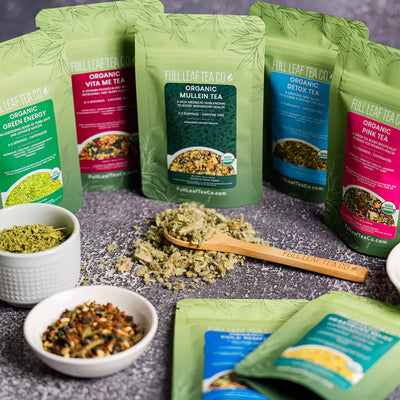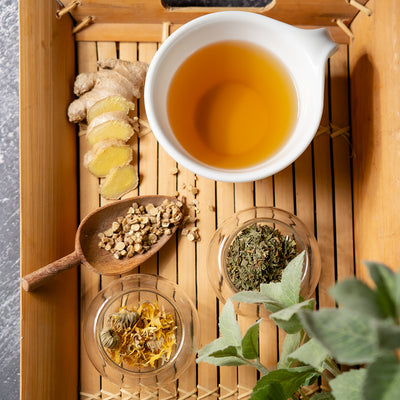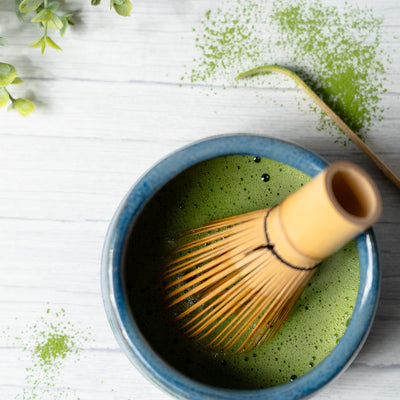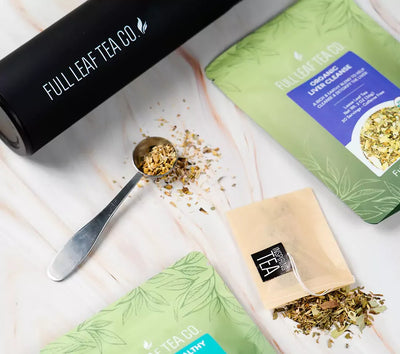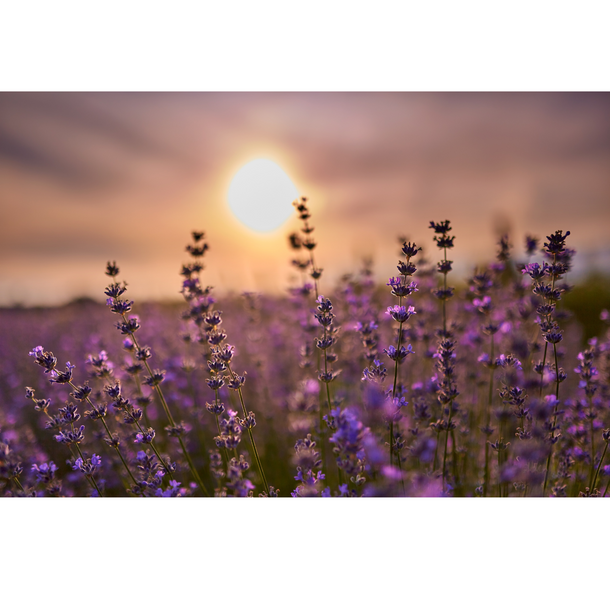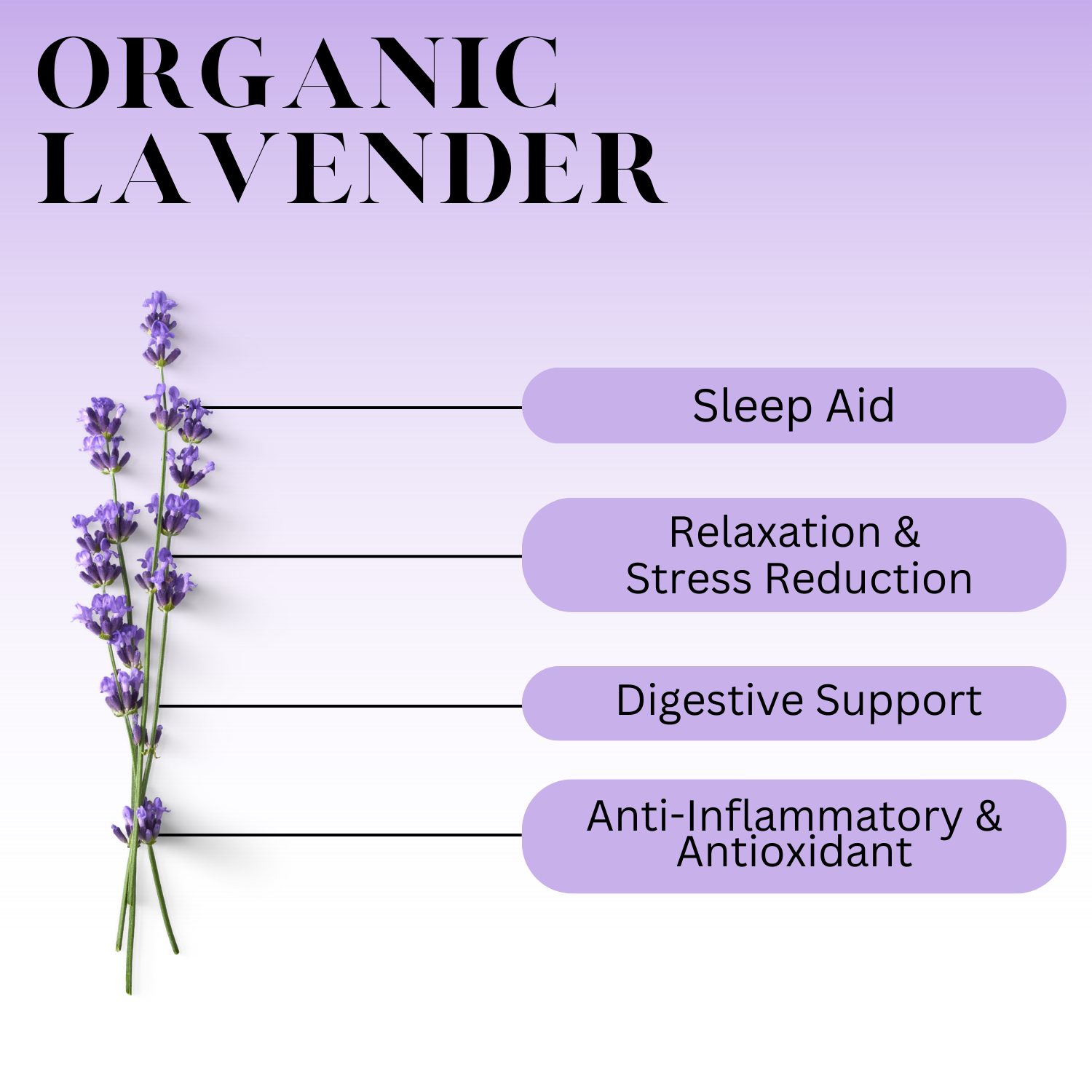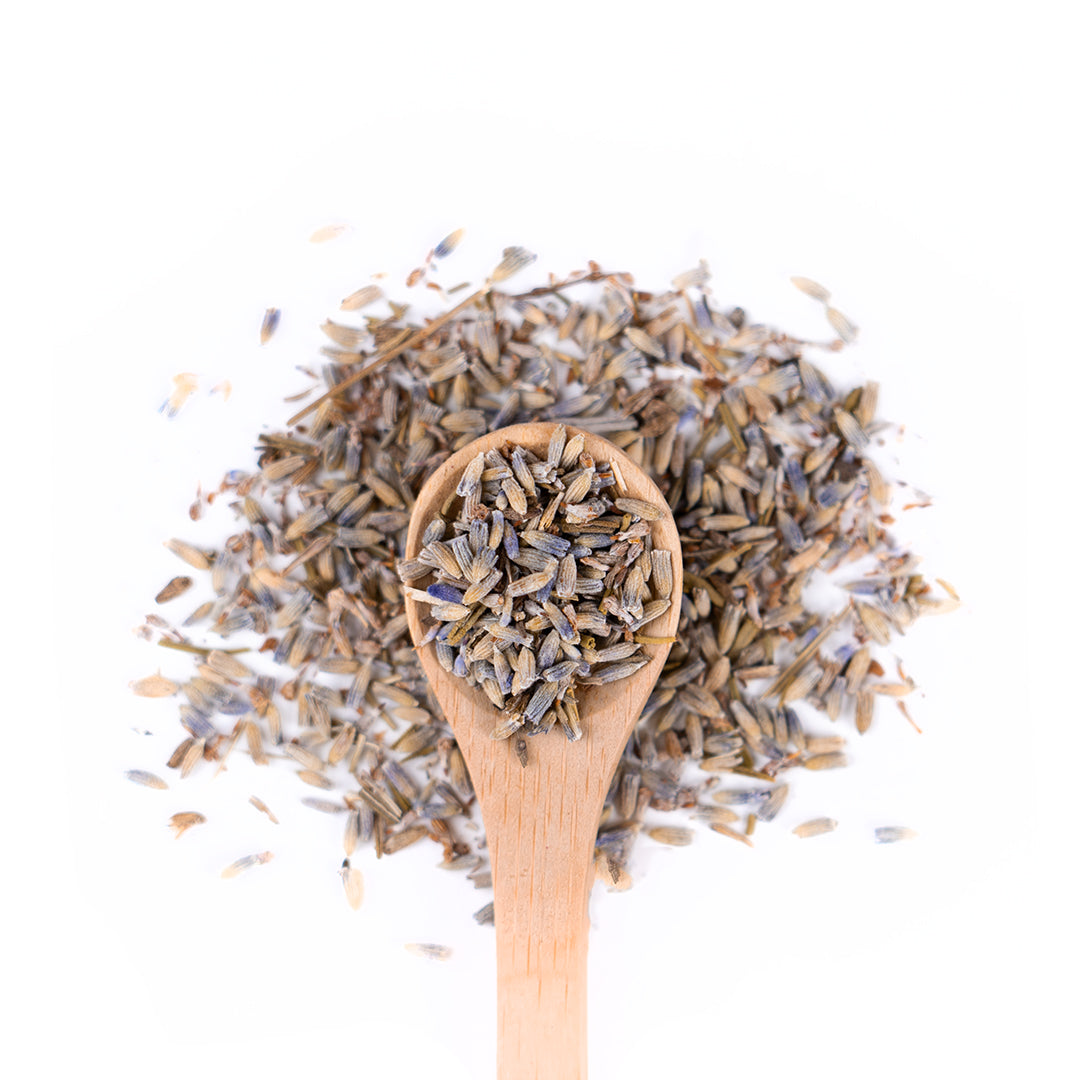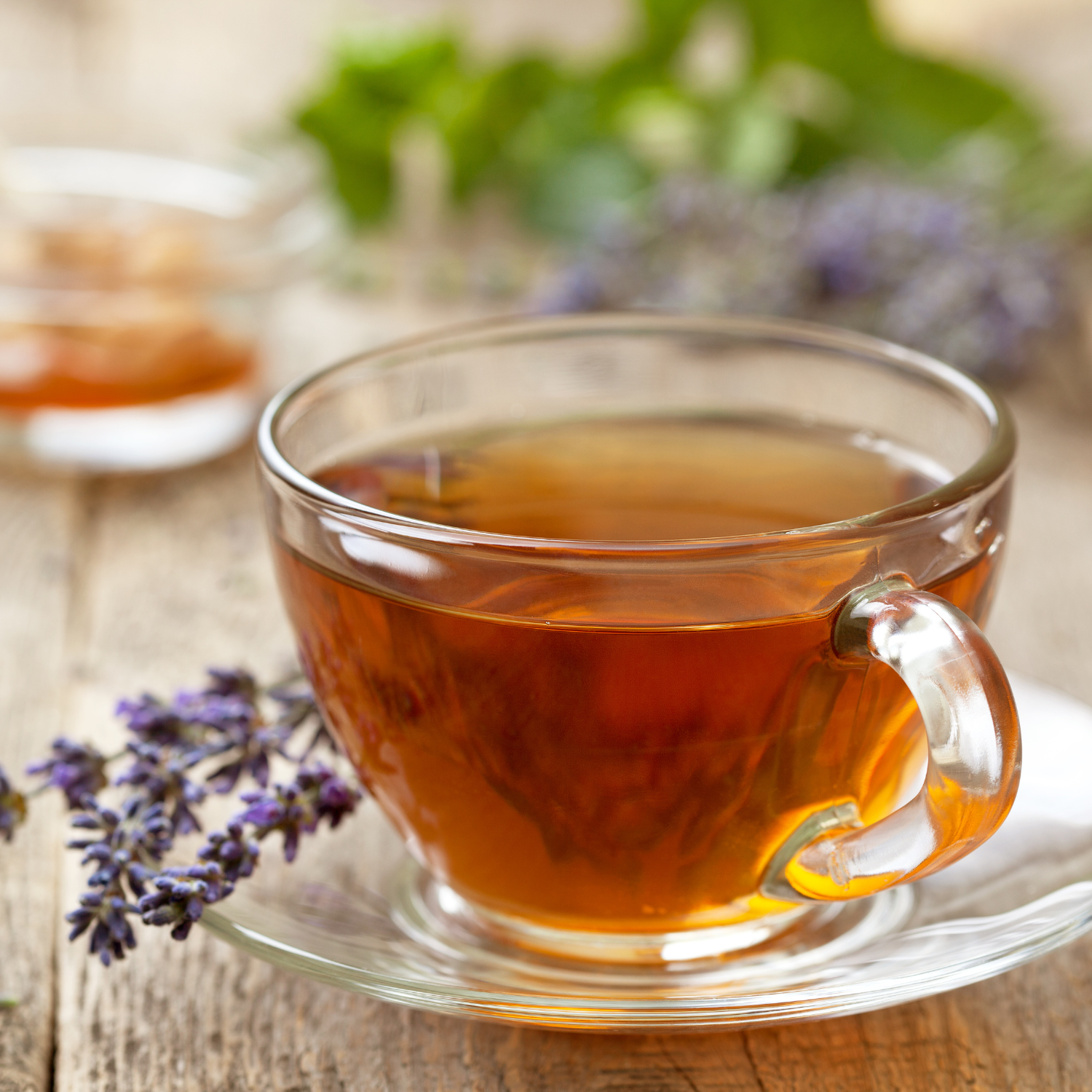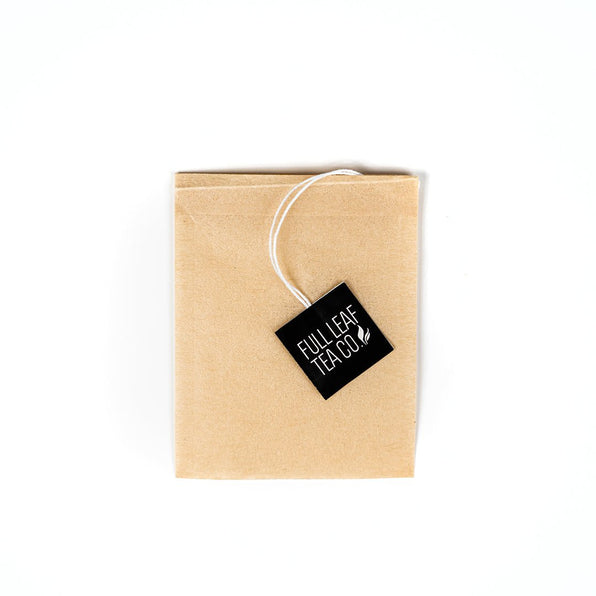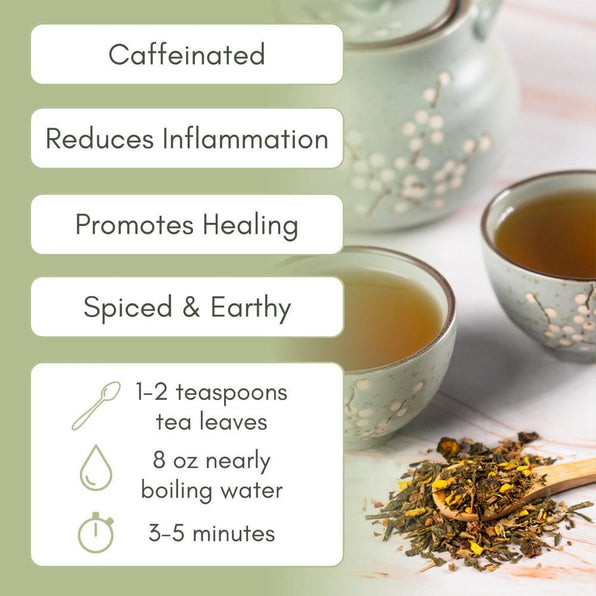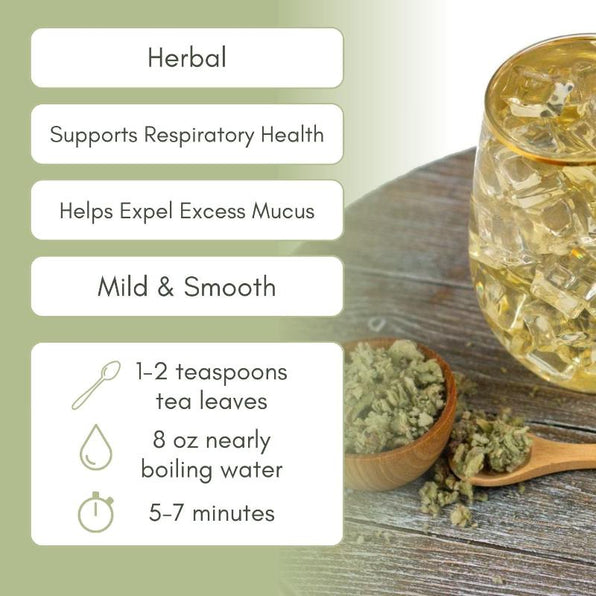What Is Lavender?
Lavender tea is an herbal infusion made by steeping the dried leaves and flowers of the lavender plant in hot water. It is known for its calming and soothing properties and is often used to promote relaxation and aid in sleep. According to a study published in the journal Evidence-Based Complementary and Alternative Medicine, lavender tea may also have potential benefits for reducing anxiety and depression. Lavender tea is typically caffeine-free and has a delicate floral flavor and aroma. It can be enjoyed hot or cold and is often consumed as a natural remedy for various health issues.

